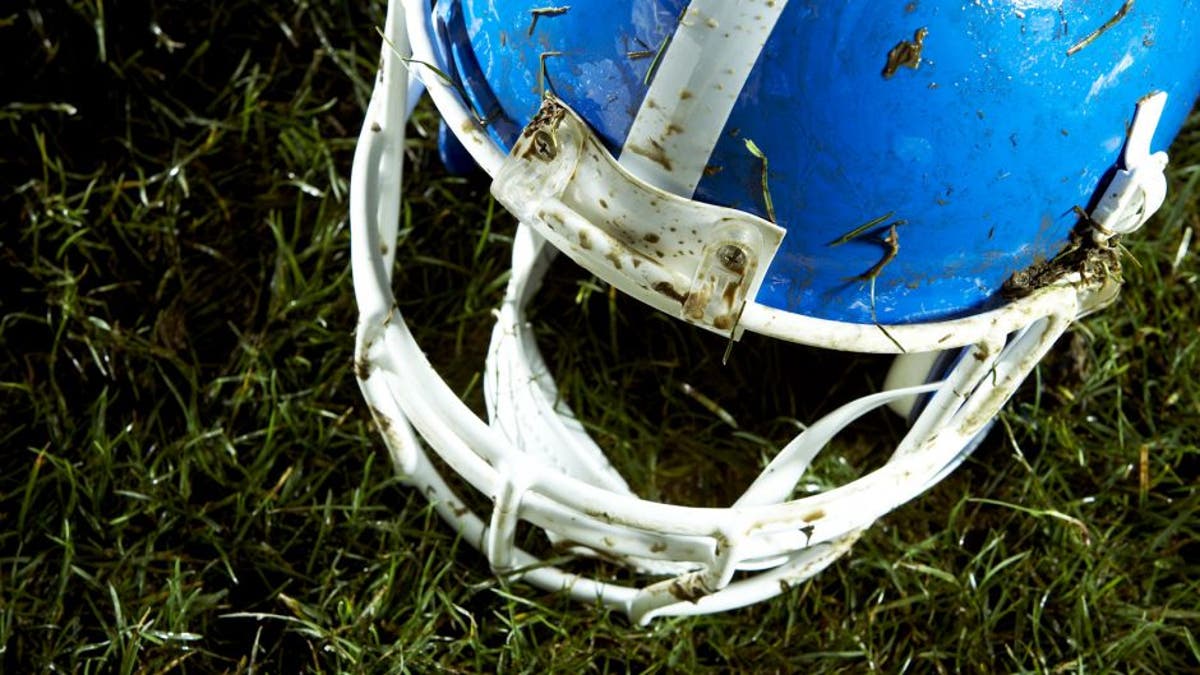
Football helmet on grass
Concussion injuries may show up in the brain years after the initial diagnosis, found a new study of college athletes.
In a study of 43 student athletes— 22 with a history of concussion and 21 without— researchers from St. Michael’s Hospital in Toronto found that the brains of those with a history of concussion showed changes in size, blood flow, and connections in the brain months later. In some cases, these changes appeared years after a concussion had been diagnosed. Athletes who did not have a history of concussions did not show these differences.
"We expect to see changes in the brain right after an acute injury,” study lead author Nathan Churchill, a post-doctoral fellow in St. Michael's Neuroscience Research Program, said in a news release. “But in this study we saw physical differences in brains of athletes that were scanned months to years after their last concussion."
MRI analysis showed that student athletes with a prior history of concussions had 10 to 20 percent reduction in brain volume in the frontal lobe, the area involved in decision-making, problem solving, and speech.
Brain shrinkage is associated with symptoms such as emotional problems, trouble communicating, and difficulty walking and thinking, according to the National Institute of Health’s Alzheimer’s Disease Education and Referral Center.
Although shrinkage was observed, it was nowhere near the extent seen in Alzheimer’s patients, researchers noted.
"Sport concussion is still considered to be a short-term injury,” Churchill said. “But this study provides further evidence of brain changes that may lead to long-term health consequences, including the risk of re-injury, depression and cognitive impairments."
The team also observed reduced blood flow to the frontal lobe—which is commonly associated with a longer recovery time for brain injuries— in concussion patients.
The findings, published Thursday in the Journal of Neurotrauma, should not to prevent college athletes from competing, researchers noted. Rather, they hope it will help in further understanding and treating concussions.
"We want to emphasize that, in general, the health benefits of sport participation still outweigh the risk of concussion," co-author Dr. Tom Schweizer, head of the Neuroscience Research Program, said in the news release. "Our findings can help to guide concussion management, and to minimize any future risk to athletes. The more we know about concussion, the better we can reduce these risks."







































